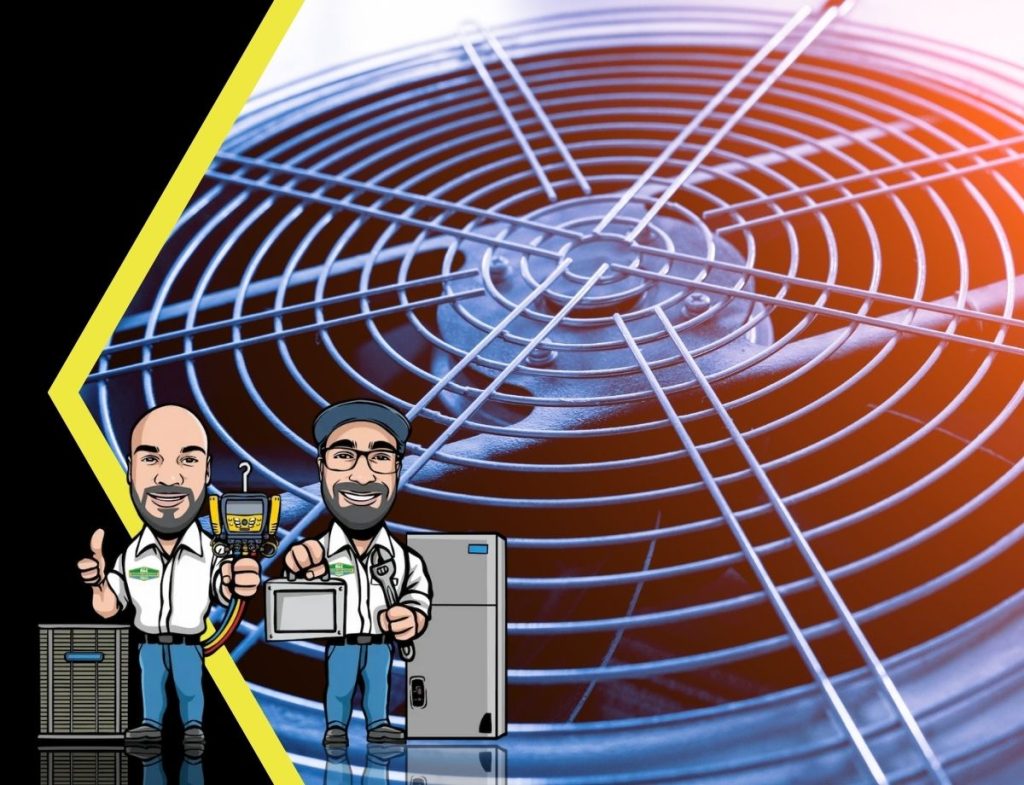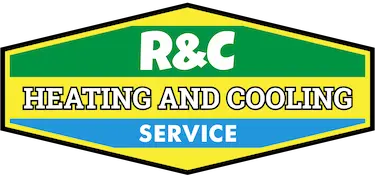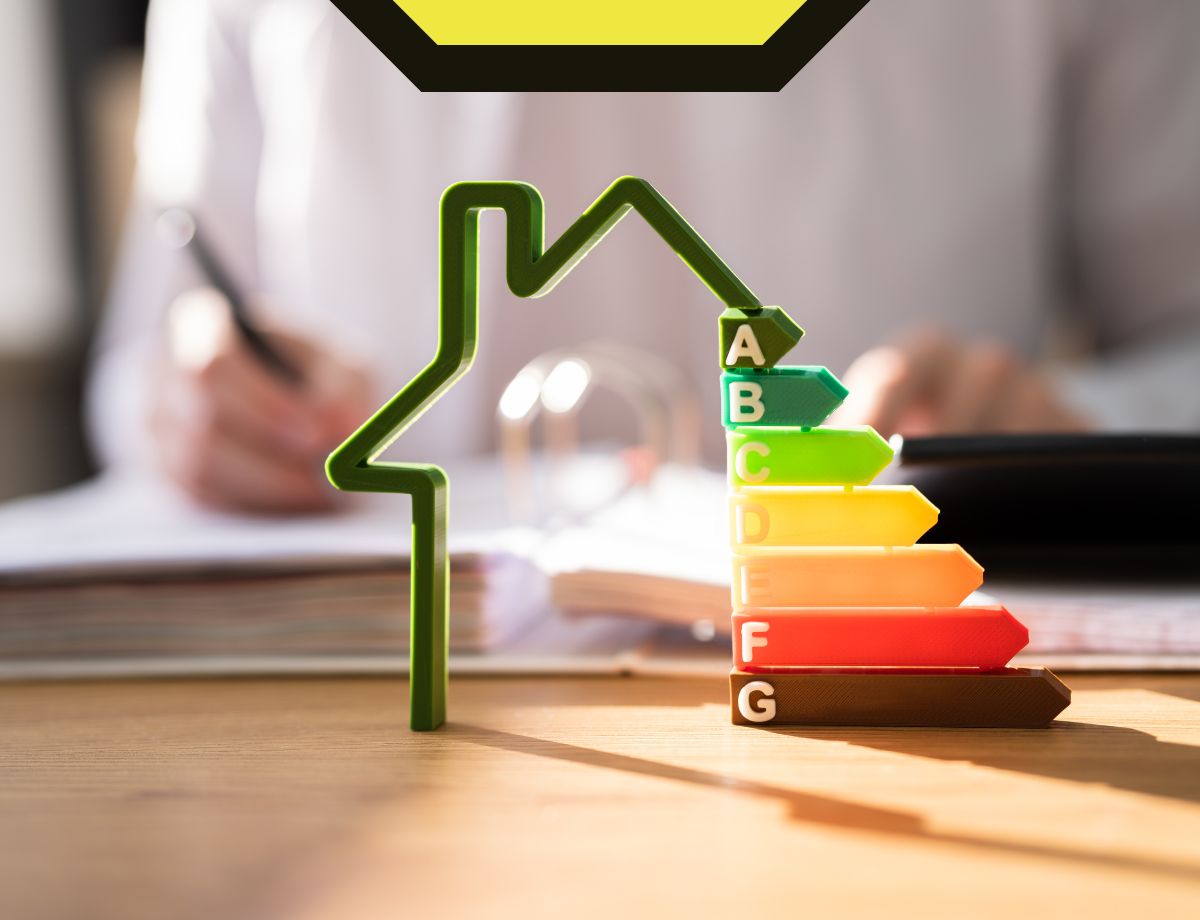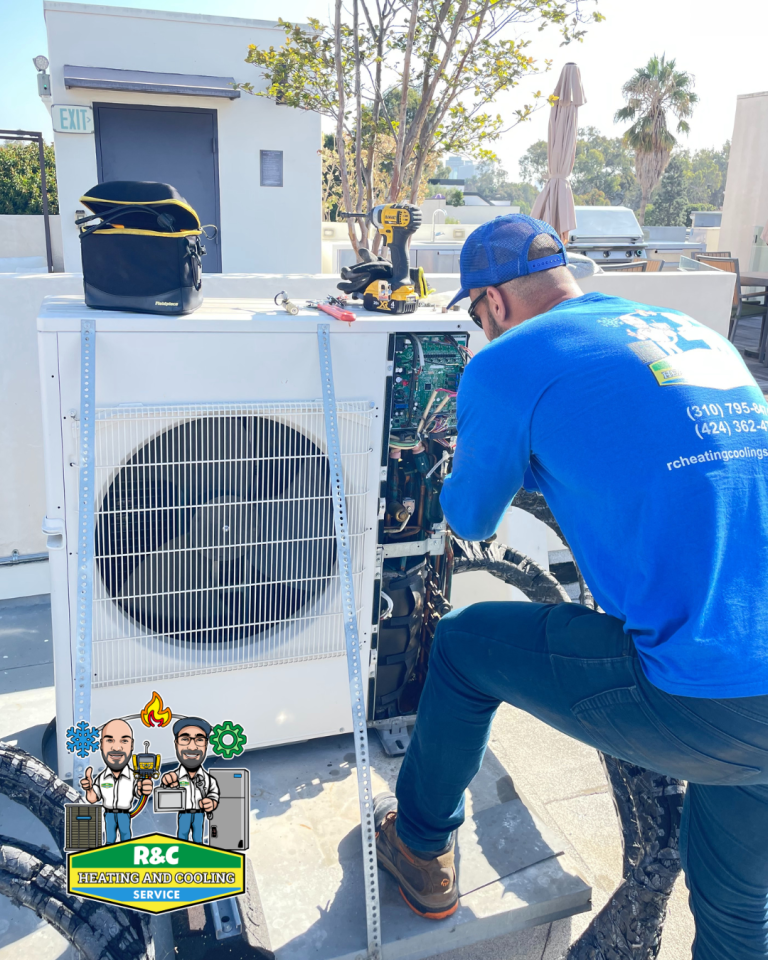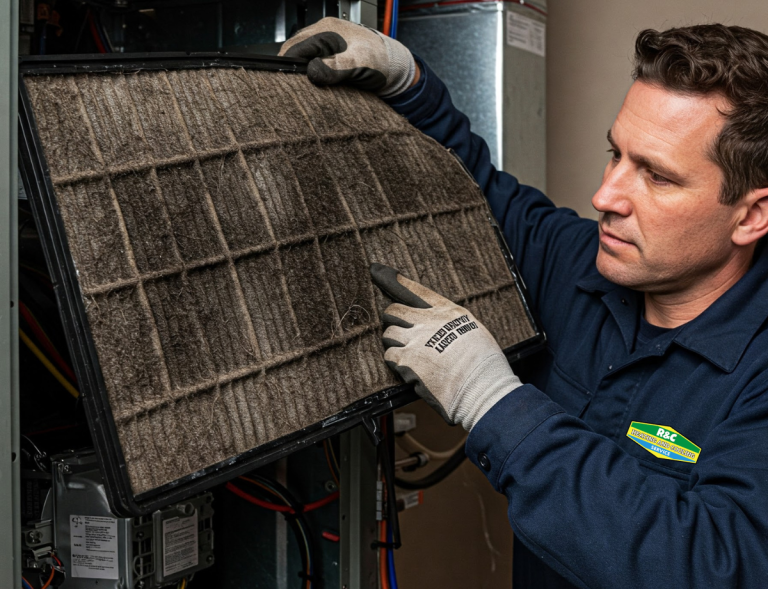7 Ways to Lower Your Energy Bills by Improving Your HVAC System.
In this article, you’ll discover 7 practical and effective ways to reduce your energy bills by improving your HVAC system’s performance. From simple tasks like changing air filters and adjusting the thermostat to advanced recommendations such as sealing leaks or upgrading to energy-efficient systems, we provide clear, actionable advice with concrete examples. Optimize energy consumption, extend your system’s lifespan, and save money while maintaining comfort in your home or business. Don’t miss these key strategies to protect your wallet and the environment!
Table of Contents
Energy costs remain one of the biggest concerns for homeowners and businesses. While an efficient HVAC system is key to maintaining year-round comfort, it can also be one of the largest sources of energy consumption. The good news is that with a few improvements and adjustments, you can significantly reduce your bills. Here are 7 effective ways to optimize your HVAC system and save money:
Change or Clean Air Filters Regularly
A dirty air filter can restrict airflow, forcing your HVAC system to work harder and consume more energy. Changing or cleaning filters every 1-3 months not only reduces energy use but also improves indoor air quality. For example, a clean filter can reduce your system’s energy consumption by up to 15%, according to the U.S. Department of Energy.
Install a Programmable or Smart Thermostat
Smart thermostats allow you to set specific temperatures for different times of the day. This prevents your system from running unnecessarily when you’re not home, leading to significant savings on your bills. For instance, you can program the thermostat to lower the heat at night and increase it just before you wake up, optimizing energy use.
Seal Leaks in Ducts and Windows
Leaks in ducts and windows can cause hot or cold air to escape, forcing your HVAC system to work harder than necessary. Use sealants and insulation to eliminate these leaks and maintain indoor temperatures efficiently. For example, studies have shown that sealing duct leaks can improve HVAC system efficiency by up to 20%.
Schedule Regular Maintenance
Annual inspections with a qualified technician ensure that your HVAC system runs at peak performance. During these visits, key components are checked, the system is cleaned, and minor issues are fixed before they turn into costly repairs. For instance, a technician can detect low refrigerant levels that, if left unaddressed, could cause the compressor to overheat.
Upgrade to an Energy-Efficient HVAC System
If your system is more than 10-15 years old, it might be time to upgrade. Modern systems have higher energy efficiency ratings and can significantly lower your energy costs in the long run. For example, an ENERGY STAR-certified system can use up to 30% less energy than older models.
Optimize Use of Fans and Blinds
Ceiling fans help distribute hot or cold air evenly, allowing you to adjust the thermostat to a more efficient setting. Similarly, closing blinds or curtains during hot days helps keep the heat out and reduces the system’s workload. For instance, thermal blinds can reduce heat gain by 25%, decreasing the need to cool the space.
Set the Thermostat to Reasonable Levels
Setting the thermostat to extremely low temperatures in summer or very high temperatures in winter can unnecessarily increase energy consumption. Maintain moderate settings to reduce the strain on your system and save money. For example, setting the thermostat to 75°F (24°C) in summer and 68°F (20°C) in winter is a common recommendation for maximizing efficiency.
Conclusion: Save Energy and Protect Your Wallet
Implementing these strategies will not only help you lower your energy bills but also extend the lifespan of your HVAC system. From simple changes like replacing filters to larger investments such as upgrading the system, every action counts toward optimizing energy efficiency and improving comfort in your home or business. If you need help implementing these improvements, consult a trusted HVAC professional for personalized recommendations.
AC MAINTENANCE
The dust and debris accumulated in the system components can reduce its efficiency, make it harder to cool the home evenly, and increase energy bills.
